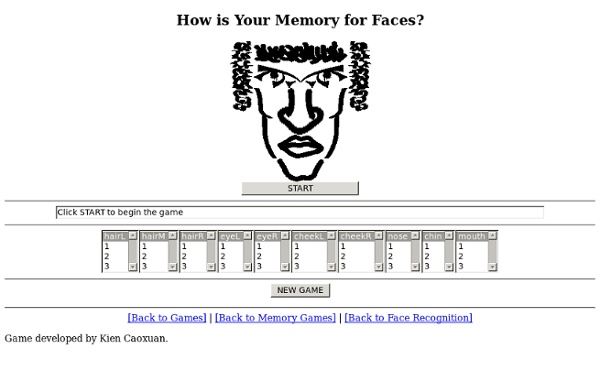



Ten games that make you think about life At the start of this year, we decided to come up with a list of Flash casual games with a philosophical bent. To be honest, we struggled. After days of research, we could only find a handful of games that had the thought-provoking depth we were looking for. Our list (which you can view by clicking here) was therefore only five games long. Fast forward to now, and it is remarkable how much difference a few months can make. In a wonderful twist, it seems it is the Flash gaming space - until now known more for the throwaway nature of its games rather than depth - that is leading the way in this exciting new area of gaming, as we hope the following games prove. One you have finished playing these games, check out our follow-up lists: Ten More Games That Make You Think About Life and Another 20 Games That Make You Think About Life. 1Immortall The game starts with you crash landing on a planet. 2Loved 3I Can Hold My Breath Forever 4The Company of Myself 5Coma 6Loondon 7I Wish I Were the Moon
Cognitive science Cognitive science is the interdisciplinary scientific study of the mind and its processes.[1] It examines what cognition is, what it does and how it works. It includes research on intelligence and behavior, especially focusing on how information is represented, processed, and transformed (in faculties such as perception, language, memory, reasoning, and emotion) within nervous systems (human or other animal) and machines (e.g. computers). Cognitive science consists of multiple research disciplines, including psychology, artificial intelligence, philosophy, neuroscience, linguistics, and anthropology.[2] It spans many levels of analysis, from low-level learning and decision mechanisms to high-level logic and planning; from neural circuitry to modular brain organization. The fundamental concept of cognitive science is "that thinking can best be understood in terms of representational structures in the mind and computational procedures that operate on those structures. Principles[edit]
Musicovery The 16 Type Patterns *Adapted from Linda V. Berens and Dario Nardi, Understanding Yourself and Others: An Introduction to the Personality Type Code (Used with permission) There are 16 Personality Types. The Roles of the Processes In each of the sixteen types, each of the eight processes plays a different "role" in the personality. The type code lets you know what role each process plays for each type. It is also referred to as the "hierarchy of functions": Dominant, Auxiliary, Tertiary, and Inferior. The roles are explained below to help you better understand the patterns. In truth, we have access to all eight cognitive processes—the other six are often in the background, playing other kinds of roles. The Primary Processes The primary processes are those used in the first four roles. Each process tends to emerge and develop at different times in our lives. The Leading Role (Dominant) (sometimes referred to as the 1st function) Being the most trusted and most used, it usually has an adult, mature quality to it.
Proteigon: A Geometric Stop Motion Short Animator Steven Briand made this wonderful stop motion animation over a period of two months while working as an intern at Partizan. I love the minimalist style that really focuses your attention on the smallest gestures and paper effects. Gorgeous work. (via vimeo) The Tunnel House Dan Havel and Dean Ruck took two condemned homes and created a trippy work of art. Unfortunately, this fluctuation in the space-time continuum was itself demolished.